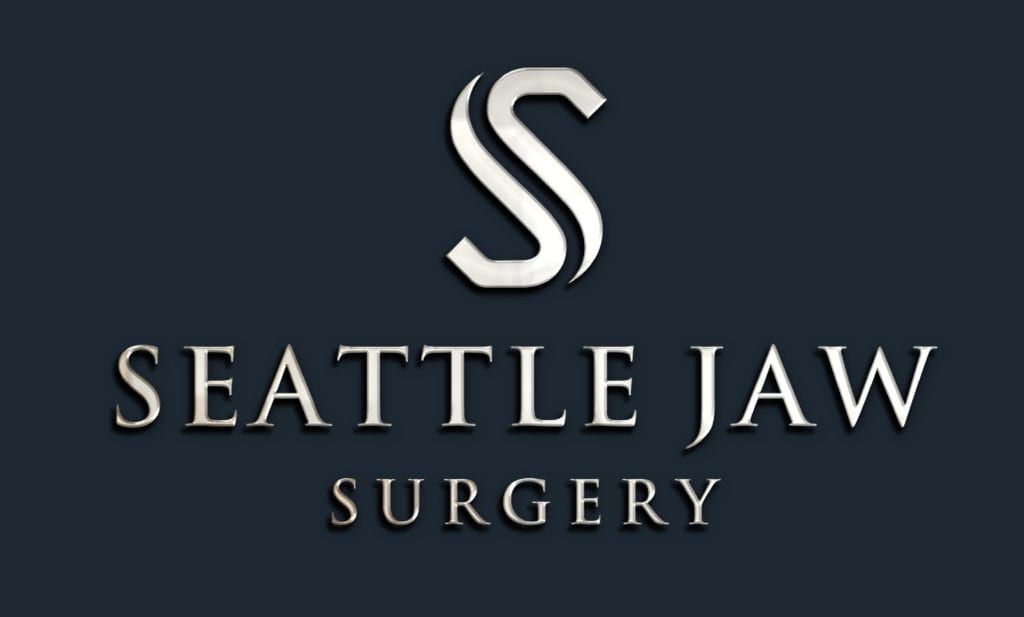Orthognathic Surgery is the medical term for Jaw Surgery. It is a surgery to reposition the jaws to correct alignment. This realignment allows teeth to fit when misalignment cannot be solved by orthodontics alone.
Jaw surgery is completed at the hospital under general anesthesia. It is used to treat several conditions including a severe underbite or overbite, open bite, jaw or facial asymmetry, sleep apnea and others.
Typically, patients find themselves in our office after seeing an orthodontist. The orthodontist will make the recommendation based on your jaw alignment and teeth alignment if surgery may be needed in addition to orthodontic treatment to correct your bite. They would refer you to discuss orthognathic surgery with a maxillofacial surgeon.
Your initial consult in our clinic will consist of one of our surgeons taking a history, doing an examination, reviewing your clinical photos and any available imaging. They will then discuss what is involved with jaw surgery and anticipated surgical intervention. You will also be shown a cartoon demonstration video of how jaw surgery is used to reposition the jaws. After this consult you return to your orthodontist to begin orthodontic treatment.
The traditional timeline for jaw surgery patients is to be in braces for a period of time, on average this is about 6-18 months to straighten and align the teeth prior to surgery. Then the orthodontist will tell the patient when they are close to being ready for surgery. It is then that you follow up in clinic for a recall visit. One of our maxillofacial surgeons will do another exam and we will take updated photos. The surgeon will then have a better idea of what surgical treatment they recommend. At this recall if you are ready for surgery you will meet with one of our care coordinators to schedule a surgery date.
You return to clinic to obtain presurgical records. These records include an updated CT scan and an optical scan of your teeth. These are used by the surgeons to complete your virtual surgical planning (VSP). This is a way to customize the surgery to each individual patient. At your preoperative visit we will discuss the process of surgery at the hospital, review your specific plan for surgery, and review instructions for recovery after surgery.
Surgery takes place at the hospital; you spend one night in the hospital after surgery and are discharged the following day. We see you in clinic for your post operative visits at 1, 3, and 6 weeks after surgery and then 6 months after surgery.
